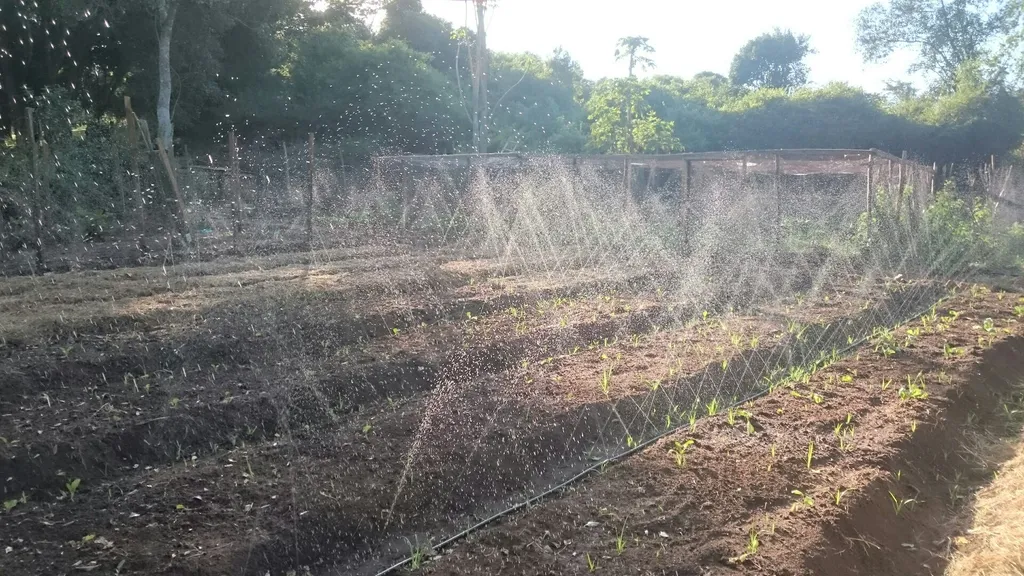A Tanzanian agritech startup is redefining how smallholder farmers access data and expertise, securing $2 million in pre-seed funding to scale a model that blends artificial intelligence with hands-on agricultural support. MazaoHub’s oversubscribed funding round—comprising $1.5 million in equity and $500,000 in non-dilutive capital—signals growing investor confidence in solutions that merge digital innovation with on-the-ground practicality to address climate adaptation in African agriculture.
The investment, led by Catalyst Fund with participation from Nordic Impact Fund, Mercy Corps Ventures, and others, reflects a broader shift toward blended finance models that combine equity with grants or low-interest capital to de-risk early-stage ventures. The Livelihood Impact Fund’s $500,000 non-dilutive contribution underscores this trend, highlighting how impact-driven capital is increasingly targeting startups that tackle systemic challenges like food security and climate resilience.
MazaoHub’s approach centers on what it calls a “Tech and Touch” model—a hybrid system that pairs AI-driven soil intelligence with physical Farmer Excellence Centers, essentially transforming rural agribusinesses into data-powered advisory hubs. Farmers gain access to low-cost soil sensors, portable testing kits, and an offline-capable farm management platform that generates crop-specific recommendations. The goal is to close the gap between data availability and practical implementation, a persistent hurdle for smallholders who often lack the expertise to act on digital insights alone.
The model’s real-world impact lies in its ability to reduce input costs while improving yields. By analyzing soil health and crop needs, MazaoHub claims its recommendations can cut fertilizer use by up to 30% and boost organic manure adoption fivefold—a critical step toward sustainable farming in regions where overuse of synthetic inputs degrades soil and increases emissions. At harvest, the startup’s sourcing platform, CropSupply.com, connects farmers to buyers, offering full traceability from soil data to shipment. This transparency is particularly valuable for corporate buyers under pressure to verify sustainable and ethical sourcing practices.
For investors, MazaoHub’s appeal lies in its potential to scale a climate-smart agricultural system without relying solely on high-tech adoption. “African agriculture doesn’t need to follow the same linear path as other regions,” says Maelis Carraro of Catalyst Fund. “By combining data with local agronomists, MazaoHub is creating a leapfrog opportunity—one where smallholders can adopt precision farming without the traditional barriers.”
The climate implications are equally compelling. Optimizing water, fertilizer, and organic inputs directly reduces agriculture’s environmental footprint while making farms more resilient to erratic weather patterns. Nordic Impact Funds’ Lisbeth Stausholm Zacho notes that the startup’s model aligns with global climate goals by “cutting emissions, improving soil health, and ensuring smallholders aren’t left behind in the digital transition.”
Local financial institutions are also taking notice. CRDB Bank Foundation plans to embed financial products into MazaoHub’s ecosystem, using the platform’s data to assess creditworthiness and lower lending risks for farmers. “Soil intelligence isn’t just about better yields—it’s about unlocking finance,” explains Tullyesther Mwambapa of CRDB Foundation. “When banks can link loans to verifiable farm performance, it changes the risk equation for smallholders.”
As MazaoHub expands, its biggest test will be maintaining the balance between technology and human-centric support—a challenge for many agritech ventures that struggle with last-mile adoption. Yet the startup’s early traction suggests that for smallholders, the future of farming may not be about choosing between digital tools or traditional advice, but about integrating both in ways that are accessible, actionable, and adaptive to climate change.

